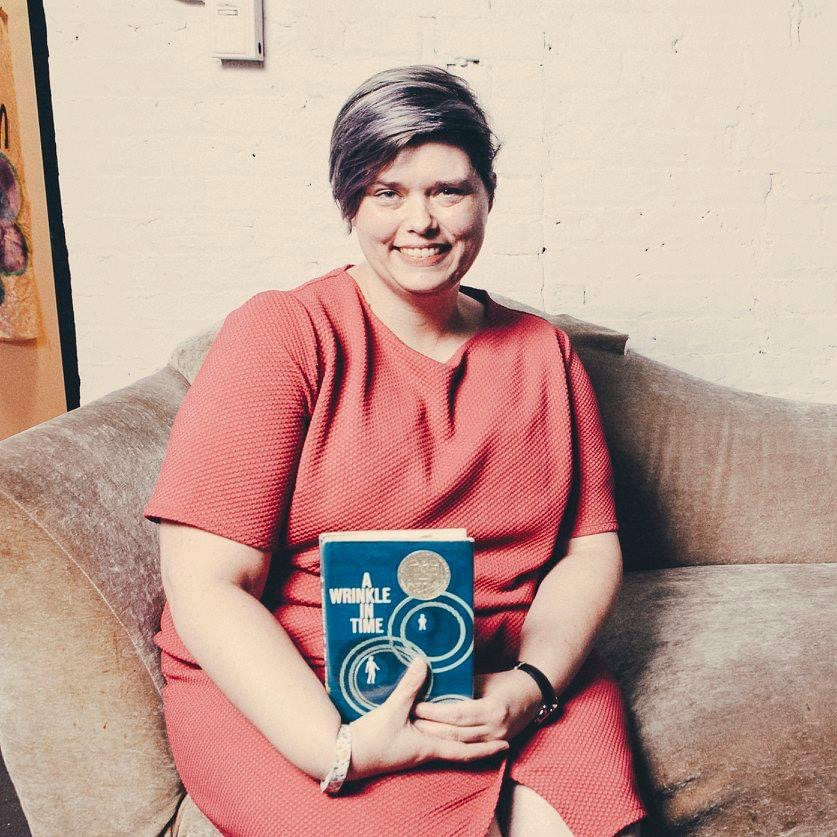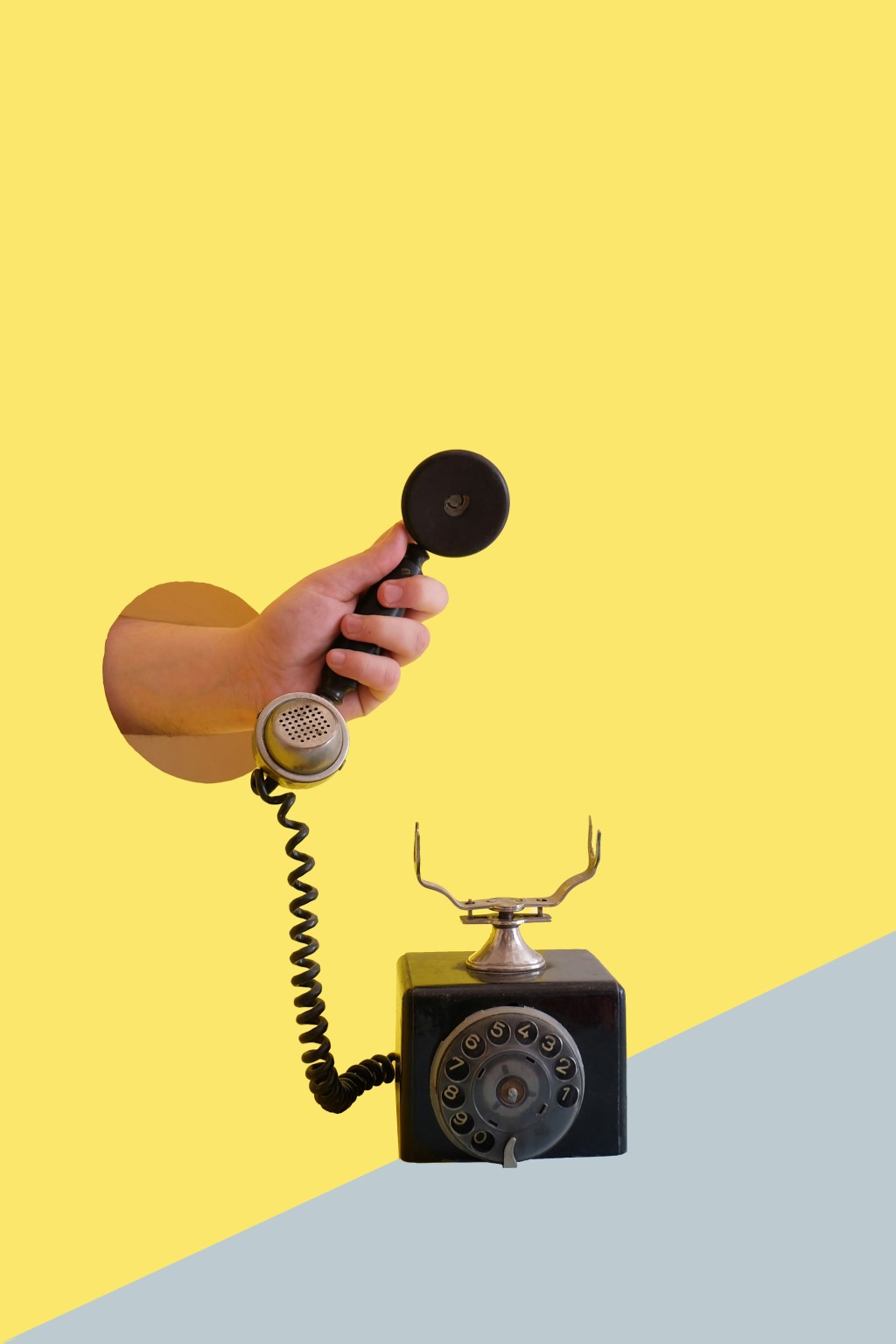Part One: Education
I’ve been reading Steve’s posts over at Go Librarians about the changing role of reference librarians and degree relevance and I actually started leaving a comment on one of them when I realized it was going to be a huge chunk of text, and decided it deserved to be it’s own blog post instead.
It was this line that sent me off the deep end: “The MLIS is the minimal requirement and should be regarded as such. Its sustained relevance and its value to developing librarian positions is the onus of library school administrators. They’re smart people. I trust them.” (Emphasis mine).
Oh, lucky people who had a rigorous, edifying library school experience. I was not so lucky. Sure, some of my classes and professors were great; but when you’re paying as much as I did for my degree, I think every single class should be above and beyond excellent. My intro class in library school was taught by a last minute hire who’d never taught a class before. We spent the entire time looking at awkward power point presentations and joke websites– I remember there was one about the danger of water or oxygen or something, and it was supposed to be an example of how we need to tell valid information from invalid. Which is fine, I guess, except in every subsequent class, when a professor said “As you learned in your intro course….” I often had no idea what s/he was referring to.
I just went through the course catalogs of four of the top library schools (according to US News) and the school where I got my degree, and I was unimpressed. One school offered a class on making mobile apps. I think that, and a class about access and advocacy in youth services, were the most interesting classes that I saw. The top curricula still rely heavily on the old standbys of cataloging, reference, reader’s advisory, and materials for children and young adults. Which–don’t get me wrong–is fine. Like the title of the post indicates, you might not be doing it wrong–but you certainly could be doing it better.
Children and teen librarians need to take courses in Child Development. The one class period spent during a materials class is not sufficient. In addition to Child Development courses, we need courses on using music with children, using art with children, and working with special needs kids. Children’s librarians need to know that forty-five minutes is generally too long for a preschool story time, that 100 kids in any storytime is too many (yeah, way to be popular, but that’s not developmentally appropriate), that four year olds should be able to cut with scissors and that three year olds should be able to follow two step directions (pick up your bean bag and put it on your foot). We need to know how children learn to read, how they learn to write, and how to disperse this information to parents and caregivers. When a parent has a concern or question about their child’s development, we would be much better equipped to help them find resources and refer them to social agencies if we knew about child development ourselves.
All librarians should have the option to take theater courses so we’ll have the ability to improvise, think on our feet, and shed our inhibitions. The library world needs performers and teachers, and not just in the children’s department. Wouldn’t booktalks be all the more exciting if you could really act the parts?
And maybe, just maybe, we should suck it up and instead of hiring social workers, librarians should be able to have a specialization in social work. It’s happening anyway– we’re helping people look for jobs, apply for jobs, search for government assistance and apply for that assistance, why not take the next step and be experts in finding what they need and how to get it?
While I’m at it, I’d like to see more library school professors who are actually still working in a library, so that they’re better able to have their curriculum address the realities of working in a library.
If I had my way, people would get a master’s degree with the option of adding a certificate of library and information sciences. So, you’d have someone with a Master’s Degree in Child Development, or Film Studies, or Social Work, with an LIS certificate; perhaps the LIS certificate would be broken out into Public, Children’s/Teens, Academic, and Special. But the MLIS as it stands today? Boring, borderline irrelevant, and doing a pretty mediocre job at preparing people for actual library work.
But that’s just my opinion….what do you think?







Leave a reply to Jennifer Cancel reply